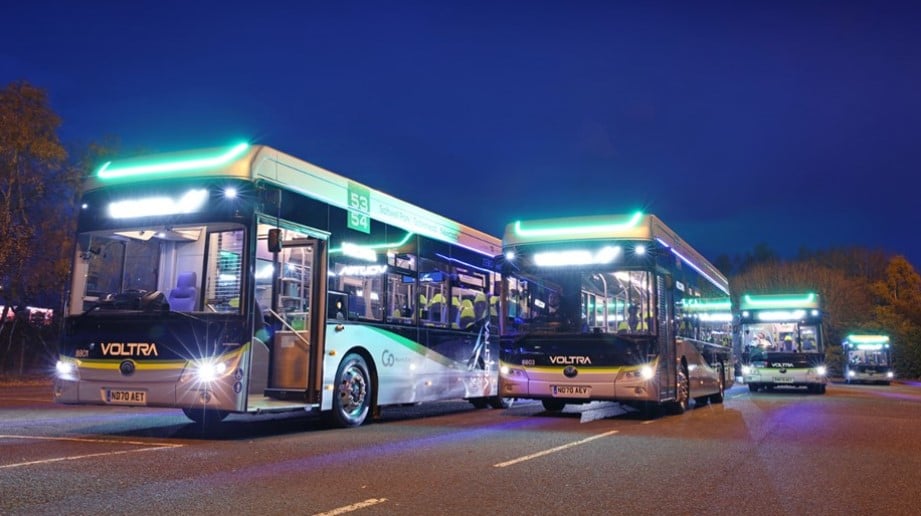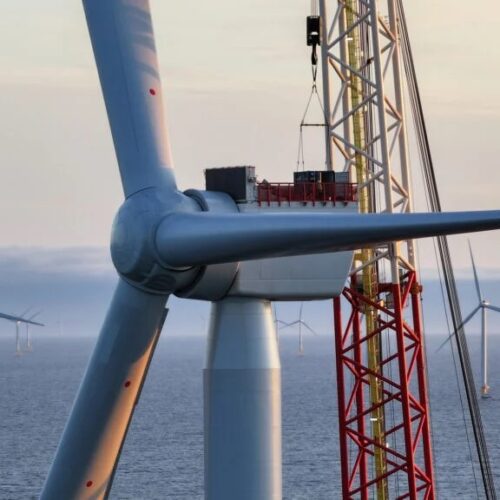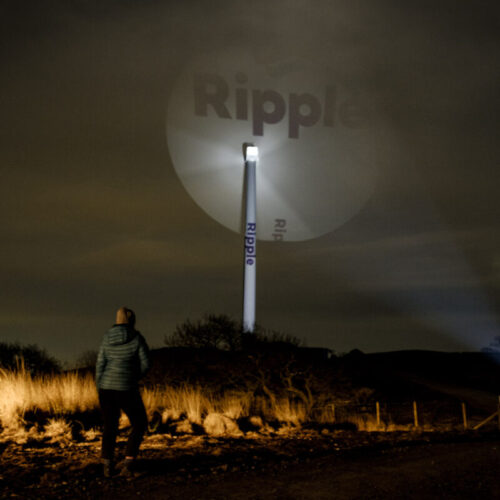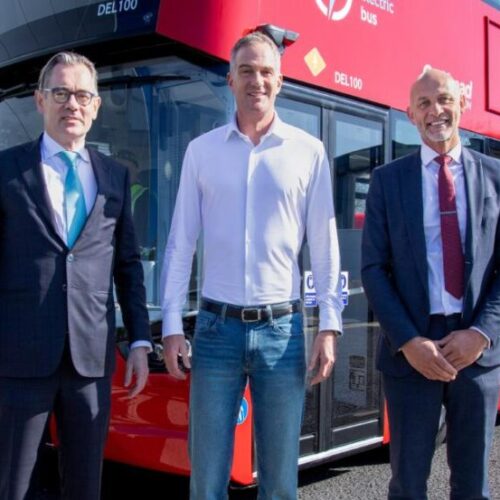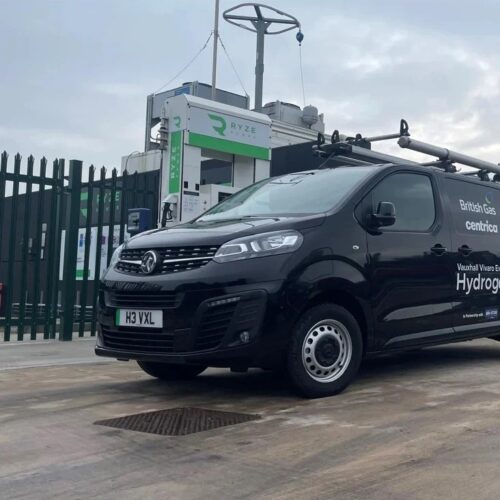The UK government has invested nearly £38 million to bring 319 electric buses to England’s roads by Spring 2027.
The Department for Transport announced the £37.8 million government investment earlier this week. It has been allocated to 12 local authorities.
This includes Nottinghamshire County Council, which will receive £2.6 million to launch 42 new electric buses; Hull City Council, which has been allocated £3.9 million to provide 42 vehicles; and the West of England Combined Authority, which will receive nearly £20 million for 160 buses.
Local transport minister Simon Lightwood said the programme will help electrify the future for England’s buses “from Hull to Hove.”
“This funding will not only make bus travel cleaner, greener, and more comfortable, but it will also deliver on our Plan for Change, creating jobs, supporting local economies, and accelerating our journey towards a zero-emission future,” Lightwood said.
“By backing local councils and UK manufacturers, we are putting the power in the hands of communities while helping to deliver on our vision of a sustainable, green transport network.”
A government press statement confirmed that every pound of government funding will be topped up by at least £3 of private investment.
The government funding comes during a turbulent week for the UK’s clean mobility sector. The government announced adjustments to the zero-emission vehicle (ZEV) mandate, which permits sales of hybrid electric vehicles (HEVs), plug-in hybrid electric vehicles (PHEVs), and ICE vans until 2035.
This move, described by Matthew Adams, the head of transport and innovation at the Renewable Energy Association, as “disastrous” for the environment and EV charging, had been spurred by the flurry of tariffs US president Donald Trump has unleashed on the global economy.
In other news, UK bus operator First Bus has announced that it will invest £70 million to bring a further 160 zero-emission buses to its network in the West of England.
The new zero-emission buses will run through Bristol’s low-emission vehicle zone and also operate in Bath. The additional 160 vehicles will bring the total number of electric First Buses operating in the region to 258, transporting over 750,000 passengers per week. Twenty-seven of the 160 new vehicles will be repowered diesel buses, which the transport operator says will further help to improve air quality.
